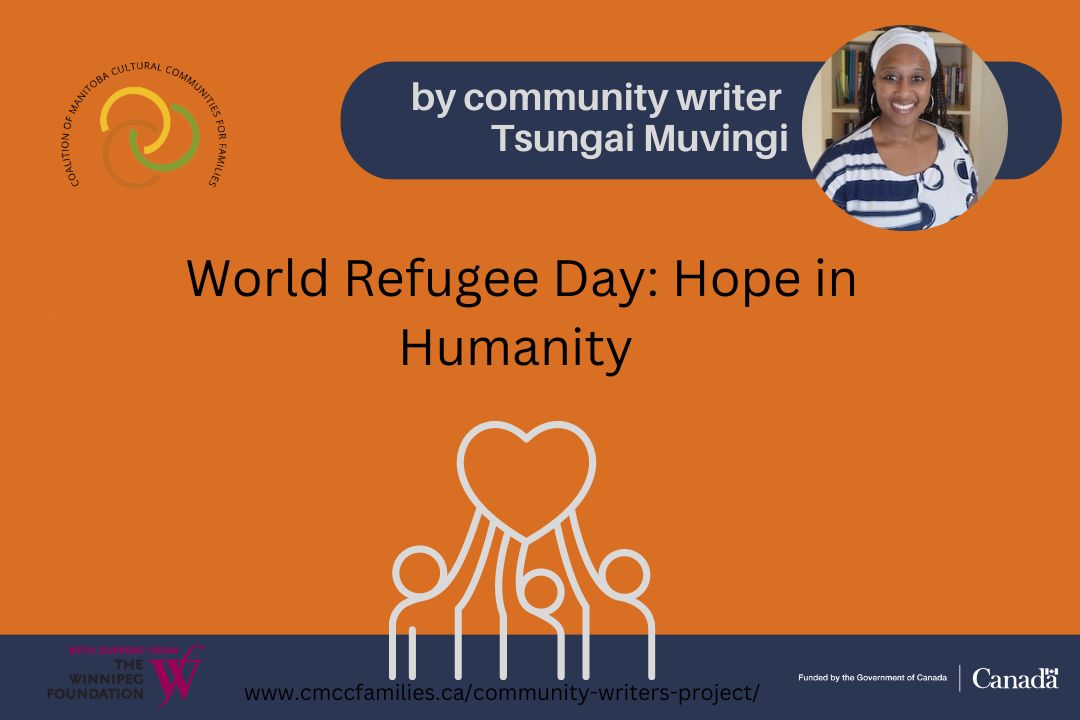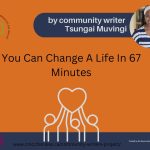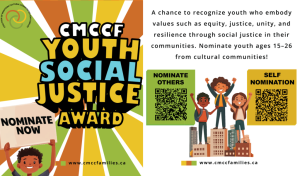
Hope.
It drives many of us. We hope for a better life. We search for a fresh start. We strive to be examples for our children and loved ones.
Over 63,000 people applied for refugee status in 2022, hoping for safety. Hoping for a future. These numbers do not include the over one million Ukrainians that also applied to come to Canada in 2022.
The United Nations High Commissioner for Refugees defines refugees as: “…persons fleeing the risk of persecution or serious harm, including human rights violations, armed conflict, or persecution. In the absence of protection in their countries of origin, which the State is unwilling or unable to provide, they are forced to cross an international border and seek safety in other countries.”
Whether it’s war, famine or persecution, humanity ultimately seeks refuge for the same fundamental things:
- Safety – the ability to live without fear for one’s life.
- Inclusion – to be included in community activities and decisions that impact one’s life.
- Dignity – to be regarded with respect and equity.
- Equity – to be treated fairly and justly.
- Justice – to be treated without prejudice.
- Peace – to live in a state of calm.
- Security – Opportunities to generate income for one’s self and family.
This year’s World Refugee Day theme is Hope away from home. A world where refugees are always included.
Unfortunately, inclusive practices are not applied consistently across communities. I recently met an acquaintance who could not leave Canada for close to 8 years while waiting for his Canadian identification documents. This meant that any employment that required him to travel outside of Canada was out of reach for him. He had come to Canada as a refugee from Afghanistan. Yet another family, struggled for over three years to find employment, and independent housing. Fighting for financial stability further impacted their mental health. They had fled the war in the Democratic Republic of Congo.
More recently, families seeking asylum from Ukraine, had their claims processed through a newly created emergency travel program which cut down on wait times. Moreover, newcomer immigrant organizations found themselves inundated with calls from people offering jobs, housing and other supports, something unique to this group.
The differences in these scenarios show that there is a capacity and an ability to speed up processes and help immigrants from various backgrounds. What’s concerning is the disparity between how various community groups are treated. However, the future of cultural communities, can be impacted by local community advocacy, changes to current systems, and the implementation of practices that are informed by justice, equity, diversity and inclusion frameworks.
The Senate Committee on Human Rights in Canada, released a report on Syrian refugees studied over four years, which showed that the most pressing barriers they faced included: language, lack of childcare, mental health issues and financial concerns. The same report recommended resources be deployed in each of those areas. The same barriers are faced across many other cultural groups that seek refugee status in Canada.
The question has been asked, ‘But why should Canada invest in refugees?’
Well, the statistics speak for themselves. With a large aging population that Canada needs to replace in the workforce, refugees provide one viable solution. In addition, many cultural groups that move to Canada are focused on living a productive life and giving back to the communities that take them in. Over time, their economic and social status catches up to Canadian born citizens allowing refugees to contribute and further innovation in Canada.
Refugees show incredible resilience fuelled by hope. Examples of this are the new businesses that are built by refugee groups; the professionals such as doctors, accountants, lawyers, and teachers that arise from these communities; and the philanthropic work that is led and involves people who have sought asylum here. One family that embodies the contributions refugees can have in communities are the Bahati sisters – 6 sisters who started businesses in Manitoba since fleeing the war in Congo.
As we acknowledge World Refugee Day, my hope is that all cultural groups continue to come together to build stronger, healthier, inclusive communities across Canada, recognizing that success comes in working collectively.

This article was written by community writer Tsungai Muvingi as part of our J.E.D.I. Initiative – Community Writers Project. All thoughts and opinions expressed are Tsungai’s own. You can learn more about Tsungai on our team page here.
To learn more about our Intercultural and Intergenerational Diversity and Inclusion Engagement Project, go to our J.E.D.I. Initiative landing page here.

 Previous Post
Previous Post Next Post
Next Post
